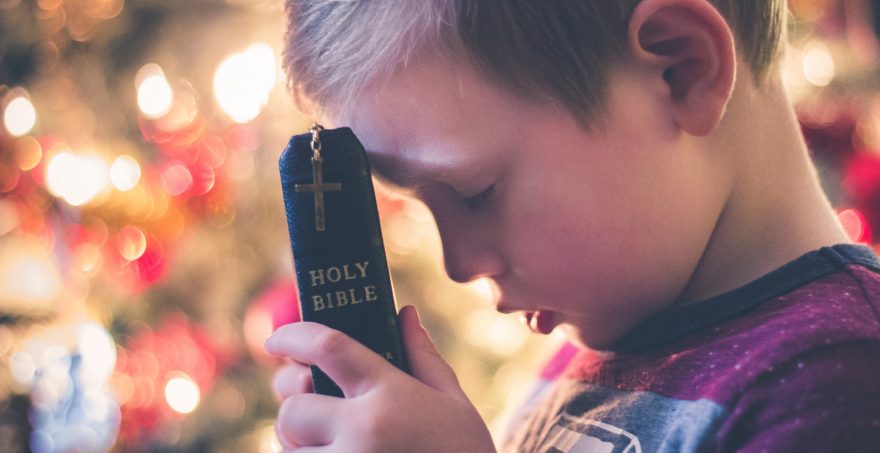Does religious devotion (or lack thereof) affect marriages and families?
by Alexandra Lahoud

In a July 3, 2016 article in Deseret News, Jenet Erickson assesses the relationship between strong religious affiliation and quality of life, including quality of one’s marriage. Erickson explains that religious devotion has become increasingly less common in society today. However, ample research seems to indicate that religious involvement improves an individual’s well-being and even strengthens marital relationships.
A person’s lack of religious devotion may affect his/her life, but how does the general decline in religious devotion throughout society affect the culture at large? Erickson mentions Frenchman Alexis de Tocqueville’s statement in 1831 upon his arrival in the U.S., claiming that religion and freedom are inherently linked. Tocqueville cautioned Americans against dismissing religion overall: “Liberty considers religion as the safeguard of morality, and morality as the best security of law and the surest pledge of the duration of freedom.” As Erickson describes in her article, contemporary research validates Tocqueville’s beliefs, thus implying that frequent church attendance impacts society as a whole for the better.
A multitude of studies also support the claim that religious participation enhances one’s marriage and family life. One such study has shown that spouses who attend church together often are 2.4 times less likely to divorce than spouses who are not frequent churchgoers. Researcher Bradford Wilcox also found that fathers who attended church frequently were more invested in family life, and their wives reported feeling more loved and more satisfied in their marriages. Additionally, other studies confirm that teens and young adults who go to church on a weekly basis are eight times more likely to remain abstinent; they also reported having higher self-esteem and stronger relationships with family members and friends.
As Erickson asserts, these research findings have tremendous implications for society as a whole, given marriage’s role in forming stable communities. Tocqueville and George Washington both believed that politics could only thrive when linked to religious and moral principles. Therefore, decline in religious devotion could have serious consequences on the culture at large, and on marriages and families.
About the author
Currently studying theology and psychology at Saint Vincent College, Alexandra Lahoud is an intern for the Secretariat of Laity, Marriage, Family Life and Youth at the USCCB.




